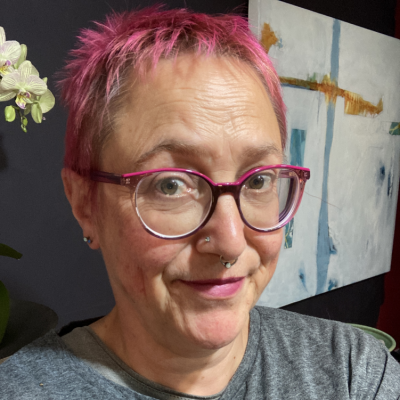Saying the Unsayable
A lot of people think counselling is just the counsellor sitting, head sympathetically on one side, saying “Ahh” and “Mmm-hmm” every so often as the client talks. While this is partly what happens – the therapist wants to hear your story from you and will make plenty of space for you to tell it without interruption – counsellors aren’t always so passive.
Sometimes they have to say the unsayable in order to promote the exploration which leads to change. Broadly, this means sharing with you how they experience you even if that means being very “personal” or even potentially “rude”! For example, if someone talks about money and the price of everything a great deal, friends will probably have noticed and are likely irritated to the point of discussing it amongst themselves - but, such is the taboo around talking openly about money compounded by a reluctance to seem rude or critical, that they are unlikely to say anything to the person’s face.
A therapist hearing this theme will wonder what it is about and is likely to ask – gently and respectfully, of course, and only when the client has developed some trust in the therapist – what money means to them (is it security, perhaps, or power; does the client fear losing it or do they spend like there’s no tomorrow? How does this behaviour benefit or damage them? and so on). This creates a deeper relationship between the two and enables the client to talk about what matters deeply to them because they have been really seen and accepted by another human being. And that in itself is an amazing feeling.
Politeness is of course important in the normal course of life; but, in the therapy room, one may have to consider putting it carefully to one side in order to be of service to you, the client seeking change.

Find the right counsellor or therapist for you
All therapists are verified professionals
